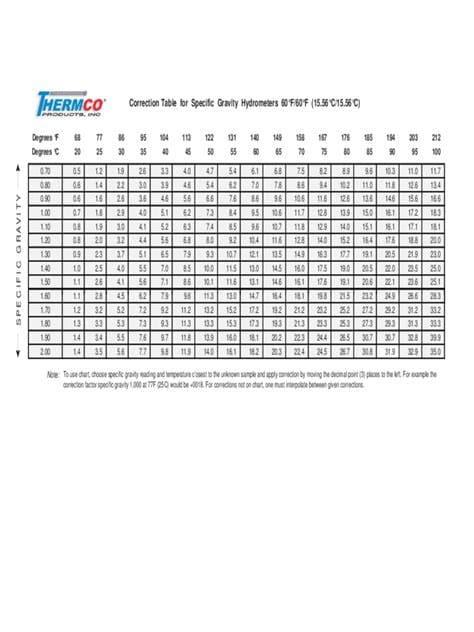
How does the parameter temperature correction work?
Understanding temperature correction What is Temperature Correction? Temperature correction refers to the process of adjusting measured values to compensate for the effects of temperature variations[…]
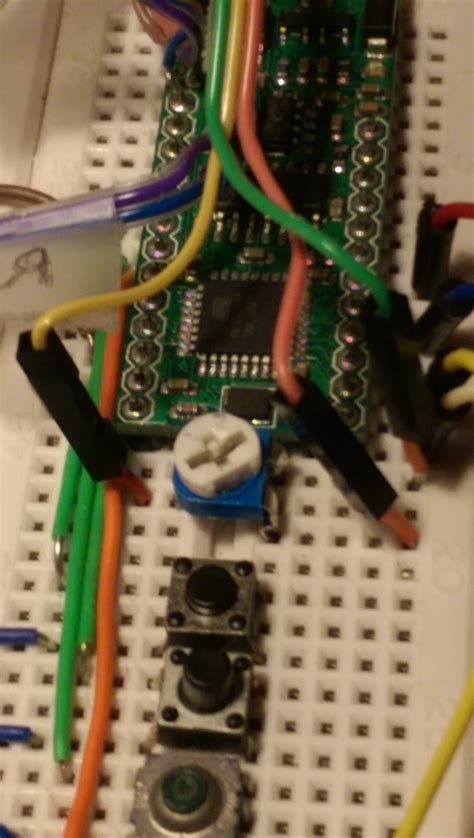
Breadboard vs. PCB: Which is Better For Your Projects?
What is a Breadboard? A breadboard is a reusable prototyping tool used to build and test electronic circuits without the need for soldering. It consists[…]
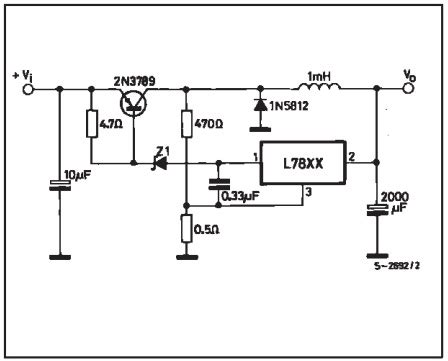
7812 Pinout: An in-depth Guide
Table of Contents Introduction to the 7812 Voltage Regulator 7812 Pinout Configuration Pin Functions Electrical Characteristics Application Circuits BasIC 7812 Circuit 7812 with Capacitors Adjustable[…]
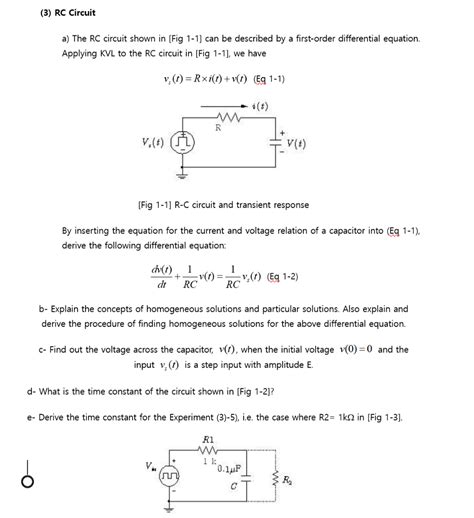
What You Need to Know about First Order Circuits
Table of Contents Introduction to First-Order Circuits Components of First-Order Circuits Time Constants and Response Characteristics Analyzing First-Order Circuits Applications of First-Order Circuits Frequently Asked[…]
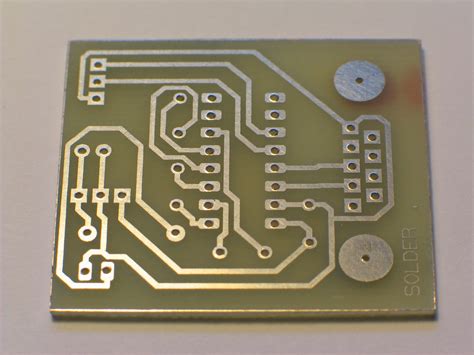
Rogers PCB: Everything You Should Know About It
What is a Rogers PCB? A Rogers PCB, also known as a high-frequency printed circuit board, is a specialized type of PCB that is designed[…]
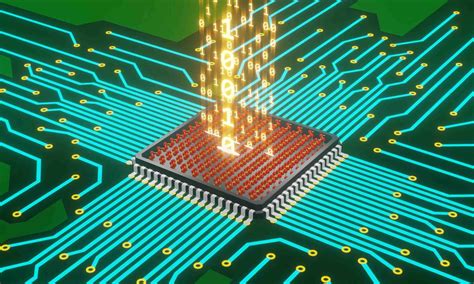
Firmware – electronics design digital magazine
Understanding Firmware in Electronics Design Firmware is an essential component in modern electronics design, serving as the bridge between hardware and software. It is a[…]

Review – Standard and Predefined Build-ups
What Are Build-ups in Construction? Build-ups, in the context of construction, refer to the process of assembling various components and materials to create a complete[…]
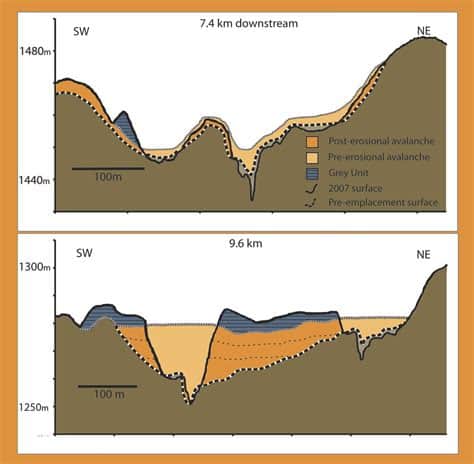
Cross Sections – What is their Purpose ?
What is a Cross Section? A cross section is a view of an object as if it had been cut along a plane, revealing the[…]
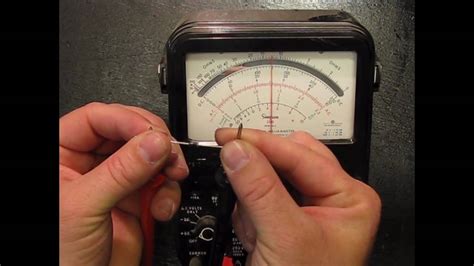
Diode Test: The Different Techniques Based on the Type of Diode
Understanding Diodes and Their Importance in Electronics Before diving into the testing techniques, let’s briefly discuss what diodes are and why they are vital in[…]
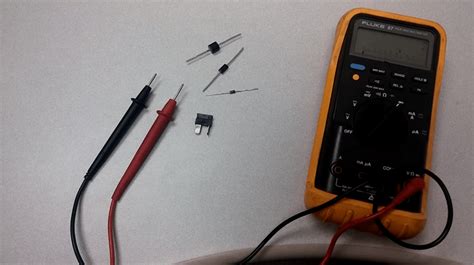
How to Test a Diode: The Best Ways to Find Faulty Diodes
What is a Diode and How Does it Work? A diode is a two-terminal electronic component that conducts current primarily in one direction (asymmetric conductance).[…]